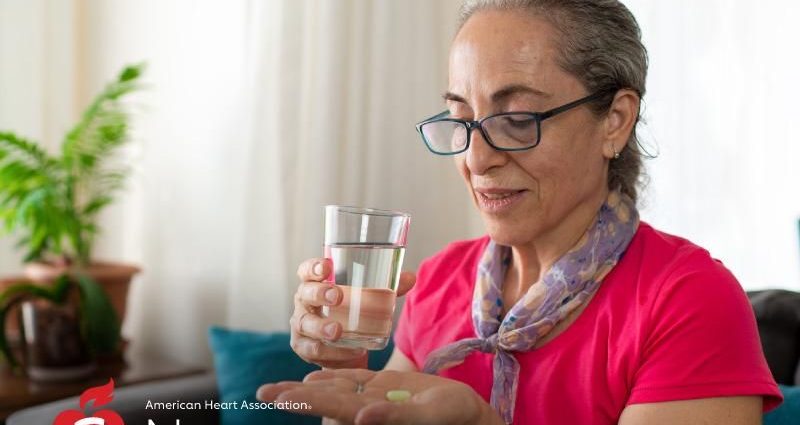WEDNESDAY, Sept. 7, 2022 (American Heart Association News) — Gay and bisexual men and women appear less likely to take prescribed medications for high blood pressure than their straight peers, and the gap has been widening in recent years, according to preliminary new research.
“We expected the gap to be narrowing,” said lead study author Syed Hyder, a fourth-year medical student at the Medical College of Georgia in Augusta.
The findings are being presented Thursday at the American Heart Association’s Hypertension Scientific Sessions in San Diego. The research is considered preliminary until the full results are published in a peer-reviewed journal.
The findings are concerning because research suggests sexual minority men and women – including gay, lesbian, bisexual and other non-straight adults – may be more likely to have a higher prevalence of cardiovascular risk factors than their straight, or heterosexual, peers. In one study, gay men were almost twice as likely to have high blood pressure than heterosexual men.
Hyder said he had hoped that efforts over the last few years to improve care for LGBTQ adults would have changed this.
Dr. Carl Streed, an assistant professor of medicine at Boston University School of Medicine who was not involved in the study, said the findings “highlight an area of needed research to understand this inequity in medication adherence based on sexual orientation. It’s critical to ensure patients receive and are able to take medications to improve their health and well-being.”
Controlling blood pressure is crucial to preventing heart attacks, strokes and other problems. According to the Department of Health and Human Services, people who don’t take their medications face a risk of death that’s 50% to 80% higher.
The new analysis included 1,905 men and 2,349 women who self-identified as gay or bisexual in the National Health Interview Survey conducted by the Centers for Disease Control and Prevention from 2016 to 2021. It also included 66,938 men and 76,464 women who self-identified as straight. Participants were 18-65 years old. All had been diagnosed with high blood pressure, also called hypertension.
Medication adherence was measured by how respondents answered the question, “Are you now taking high blood pressure medication prescribed by your doctor for your high blood pressure?”
Gay or bisexual men had significantly lower adherence to medication than their heterosexual peers. Among heterosexual men, 78% said they took prescribed medication for high blood pressure, compared to 70% of gay or bisexual men. Among straight women, 82% were taking their medication, compared to 72% of gay and bisexual women.
During the five-year period, hypertension medication adherence trended upward among both groups. However, the increase was steeper among straight men and women than it was for their gay and bisexual peers.
Adherence increased 4.2% among men who identified as straight, compared to 4% for men who identified as gay or bisexual. Among women who identified as straight, adherence increased 3.6%. Adherence among gay or bisexual women was highly variable over the five years, with 2016 showing the highest rate of adherence. That resulted in a 5.2% drop from 2016 to 2020. However, the five-year moving average trended upward.
“We are moving in the right direction, but the gap seems to be widening,” said Hyder. “The next step is to look at why.”
According to Streed, “we have to further characterize this problem before we start developing interventions that may be missing the mark. That means working with the communities affected and ensuring we have qualitative as well as quantitative research methods to fully explore what is going on.”
American Heart Association News covers heart and brain health. Not all views expressed in this story reflect the official position of the American Heart Association. Copyright is owned or held by the American Heart Association, Inc., and all rights are reserved. If you have questions or comments about this story, please email editor@heart.org.
By Laura Williamson, American Heart Association News
Copyright © 2026 HealthDay. All rights reserved.

